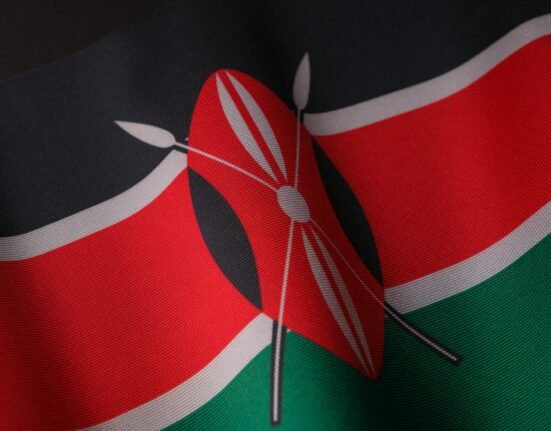DraftKings, a major player in the US online sports betting market, has been hit with a federal lawsuit by Micro-Gaming Ventures, a Texas-based technology company claiming ownership of several pioneering patents related to in-play betting and location-based wagering.
The lawsuit, filed in the U.S. District Court for the District of New Jersey, alleges that DraftKings has violated five of Micro-Gaming Ventures’ patents, potentially setting the stage for a high-profile legal battle over intellectual property in one of the fastest-growing segments of online gambling.
Pioneering Patents from the Early 2010s at the Center
At the heart of the dispute are patents that Micro-Gaming Ventures claims trace back to the early 2010s, a period when the current explosion in mobile sports betting platforms had not yet taken off. According to the complaint, these patents covered the early technological frameworks for micro-event wagering, such as placing a bet on the next play in a football game or pitch in baseball, as well as location-based authorizations critical for legal compliance in regulated states.
The lawsuit describes Micro-Gaming Ventures as a pioneer, asserting that its technology laid the groundwork for what is now commonplace in in-play betting platforms. “At the time of these pioneering efforts, there was no widely implemented technology used to address wagering on specific micro-events or outcomes,” the filing states.
Allegations of Direct Infringement by DraftKings Sportsbook
Micro-Gaming Ventures accuses DraftKings of directly infringing on its intellectual property through the development and ongoing use of its DraftKings Sportsbook website and mobile app. The complaint states that the platform incorporates technologies that are covered under Micro-Gaming’s patents, and that DraftKings “continues to directly infringe” by offering these features to users nationwide.
The company is seeking a jury trial, although no specific damages have been disclosed yet. If successful, Micro-Gaming Ventures hopes to secure a legal declaration that DraftKings has indeed violated its patents, along with compensation for both past and future infringements.
DraftKings’ Business Performance Adds Weight to the Case
This lawsuit surfaces at a time when DraftKings is enjoying strong financial momentum. In its Q1 2025 earnings report, the company posted a 20% year-on-year revenue increase, reaching $1.41 billion—a figure that Micro-Gaming Ventures may very well use to argue for significant damages.
The lawsuit also leverages DraftKings’ prominent business operations in New Jersey, giving the state personal jurisdiction over the case. New Jersey, as one of the most active states for legal online sports betting, serves as a strategic legal venue for such a high-stakes intellectual property dispute.
Larger Implications for the Betting Industry
If this lawsuit proceeds to trial, it could have wider implications for the U.S. sports betting industry, especially regarding the ownership and use of in-play betting technologies that have become standard features across major sportsbooks. Many operators rely on similar tools to boost engagement, particularly during live events.
In a broader business context, DraftKings CEO Jason Robins and CFO Alan Ellingson recently touched on the evolving nature of sports betting, including emerging interest in prediction markets. “This is happening whether you want it to or not,” said Robins, referring to the industry’s momentum.
That momentum may now carry legal consequences.























